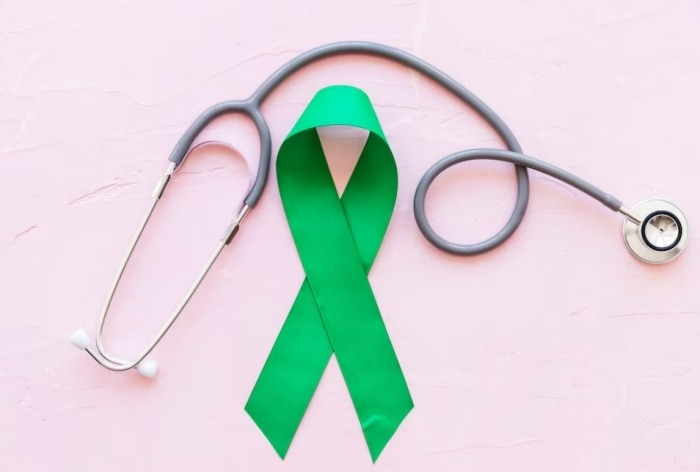Lymphoma cancer affects the immune system of the body and makes it more vulnerable to infection. However, it can be manages when treated on time.

Cancer is one of the leading causes of death worldwide. There are different types of cancers and one of them is called lymphoma. It is a cancer of the lymphatic system. The lymphatic system is basically an organ system that helps to combat infection and maintain a healthy body. Every year, September 15 is celebrated as Lymphoma Awareness Day to spread more information about this cancer. Lymphoma is a cancer of the infection-fighting cells or lymphocytes which are part of the lymphatic system, which makes and stores cells in lymph nodes. Lymphoma is a broad term to describe numerous subtypes but is broadly categorized into two, Hodgkin and Non-Hodgkin Lymphoma.
LYMPHOMA AWARENESS DAY: RISK FACTORS, SYMPTOMS AND TREATMENT
Risk factors
Speaking exclusively with India.com, Dr. G. Vamshi Krishna Reddy, Director-Oncology Services, Consultant Medical Oncologist & Hemato Oncologist, Yashoda Hospitals Hyderabad, explained the risk factors that may lead to cancer. He elaborated that the exact cause of lymphoma is still not known, but different environmental, infectious and genetic factors have been identified which predispose to lymphoma.
- Immune system deficiency: Immune status seems to be the driving factor in the majority of the lymphomas. Most of the conditions which weaken the immune system predispose to the development of lymphoma.
- HIV/AIDS Autoimmune diseases like Inflammatory bowel disease, Sjogren’s syndrome Congenital Immunodeficiency disorders like severe combined immunodeficiency disorder
- Increasing age: Males are affected more commonly than women.
- Exposure to high doses of radiation, like use of radiation therapy causes late secondary cancers in few.
- Infections : Chronic stimulation of lymphoid tissue by various infections increases the risk of lymphoma.
- Environmental pollution: Few of the chemical pollutants- Pesticides and herbicides, fertilisers – have been associated with increased risk:
Symptoms
- The first sign of lymphoma is one or more swollen lymph nodes. These lymph nodes can be felt under the skin often in the neck, groin, armpit or stomach.
- Lymph nodes deeper in the body can also become swollen and cause symptoms like cough or abdominal pain if they are enlarged in the chest or abdomen.
- Unexplained fever
- Weight loss
- Tiredness
- Abnormal sweating especially at night and itching.
These symptoms can also be caused by not lymphoma conditions, and need to be evaluated by doctor.
Prevention
- Having a healthy diet rich in vegetables and fruits
- Restrict animal fats that may reduce the risk of developing lymphoma.
- Being physically active
- Maintain a healthy BMI
Treatment
Lymphoma is curable when treated. Lymphoma is diagnosed with a biopsy of the involved lymph node. PET scan helps in confirming the stage of lymphoma. Lymphoma is a curable cancer and chemotherapy is the common treatment modality. Hodgkin lymphoma is more chemosensitive than Non-Hodgkin lymphoma.
Lymphoma is a curable cancer and commonly affects the elderly, awareness about the disease and dispelling the myths about chemotherapy is the need of the hour.
